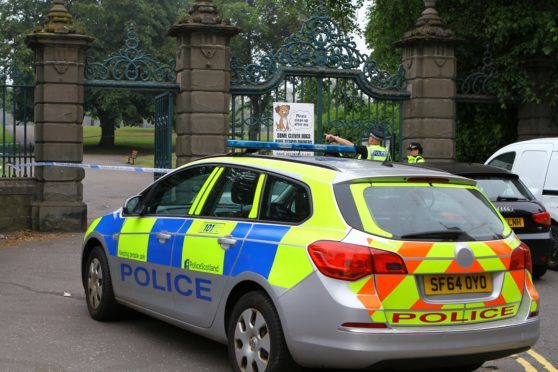When news comes out about a sexual assault, most people’s immediate reaction – other than shock and anger – is to check where it happened so they can avoid the area.
We all worry about our safety and that of our loved ones, including us, reporters, who are used to writing about horrific crimes, to the point where we sometimes become desensitised to it all.
On Friday morning I woke up to a message from a colleague asking me to look into a sex attack on a woman in Baxter Park, which happened some time between 10pm and 11pm on Thursday.
I’m well familiar with the area, seeing as I take my dog there every day, mostly without problems.
However, the news of the latest attack – there was a similar one reported in February 2017 – did make me think back to all the times I’d walked through that park after dark and question whether it was wise.
When something like this happens, victim-blaming tropes like “what was she doing there at night” get wheeled out with depressing inevitability, and this time was no exception when I was listening to some of the people in the park discussing the incident.
My guess is that people say this because they want to believe they’re in control – that if they avoid certain areas, or don’t walk alone after dark, or talk to strangers – then this will never happen to them.
Of course, this is simply not true. Women (and men, and children) are unfortunately assaulted in a variety of circumstances, from dark parks at night to broad daylight in their own homes.
It’s important to remember that these attacks attacks are never the victim’s fault, no matter where they were, what time it was or what they were were wearing.
I won’t let news like this stop me walking in the park, because it’s important that we don’t let the perpetrators of these crimes restrict our day-to-day lives.
Plus, the pooch needs his evening walks.










